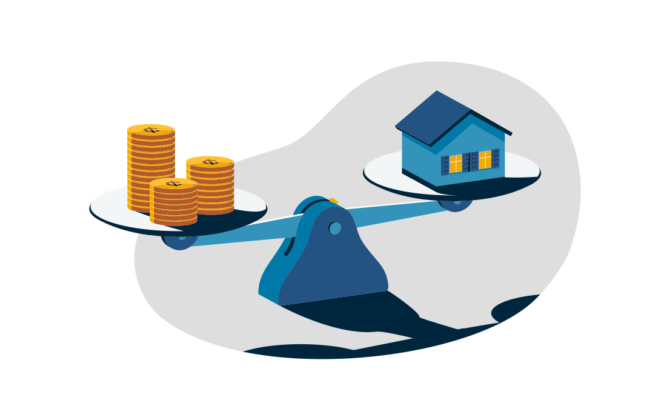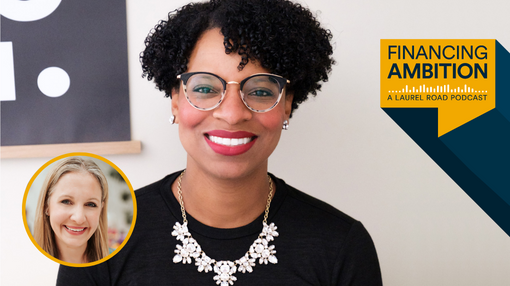Laurel Road recently conducted a survey of 500 American nurses and 300 American doctors who currently have either private or federal student loans. In our survey results, doctors and nurses weigh in on their average debt-to-income ratio – with more than 65% stating they feel anxious when checking their balance.
Our survey found that for both nurses and doctors, their current student debt equals more than half of their current annual salary, highlighting a significant debt-to-income ratio in the healthcare industry.
|
Debt-to-Income for Healthcare Professionals |
|
Healthcare Profession |
Average Income before
Taxes |
Average Student Loan Debt |
|
Nurses |
$80,695.00 |
$40,611.00 |
|
Doctors |
$323,693.00 |
$188,317.00 |
Notably, Gen Z doctors at the beginning of their careers earn an average of $183,873 annually while facing $117,206 in student loan debt – nearly 64% of their salary.
For doctors and nurses, putting their patients first is considered part of the job. But for many healthcare professionals, the financial stress of student loans is still a challenge. Despite their student loan debt, not all healthcare professionals are eager to seek help from a financial professional. Most doctors (62%) and nurses (51%) surveyed stated they would confide in family members when it came to discussing student loan-related stress, while only 56% of doctors and 32% of nurses stated they were likely to speak with a financial expert.
According to the survey, the average nurse anticipates it will take them ten years to fully repay their student loans, while doctors predict it will take them about eight years. With that, 75% of doctors reported “always” or “often” feeling anxious when it came to checking their student loan balance, with 69% of nurses reporting the same.
How student loans impact the financial goals of HCPs
Our results also delve into how the impact of the resumption of student loan payments have had on short-term and long-term goals.
With the end of the federal student loan payment pause, student loan borrowers have had to adjust to a new monthly expense – many for the first time ever.
- Seventy four percent of doctors have had to reallocate their budgets to make payments on time, and 94% report cutting or reducing spending in other areas as a direct result of the pause ending.
- 61% of nurses had to reallocate their budgets while 88% had to cut or reduce spending elsewhere.
- Top spending reductions for both groups include travel or vacations (35% of doctors and 42% of nurses), dining out and ordering in (30% of doctors and 40% of nurses).
- Twenty eight percent of doctors and 33% of nurses also reported cutting or reducing how much they were saving for retirement and investing.
The survey also found that nearly two-thirds (60%) of nurses stated their financial goals have changed for 2024 due to having to make student loan payments. Priorities that have changed include buying a new car (35%), affording a dream vacation (35%, and buying a house (33%). Over three-fourths (77%) of doctors also said their spending priorities for 2024 have changed. These include buying a house (33%), buying a car (33%), and affording a dream vacation (32%).
Finding solutions for student loan debt
It is no secret that student loan debt can create a financial and mental burden that can impact borrowers’ overall well-being. When it comes to alleviating debt, however, only 46% of nurses have considered consolidation options such as taking out a personal loan or a consolidation credit card. Doctors, on the other hand, are much more likely to consider consolidation options (74%). Overall, about two-thirds of both doctors (34%) and nurses (31%) stated their current approach to repayment in 2024 is to pay down as much of their loans as possible to get ahead of debt.
About the survey
Methodology
This random double-opt-in survey of 500 American nurses and 300 American doctors (250 physicians and 50 dentists) who currently have either private or federal student loans was commissioned by Laurel Road between Jan 2 and Feb 12, 2024. It was conducted by market research company OnePoll, whose team members are members of the Market Research Society and have corporate membership to the American Association for Public Opinion Research (AAPOR) and the European Society for Opinion and Marketing Research (ESOMAR).




